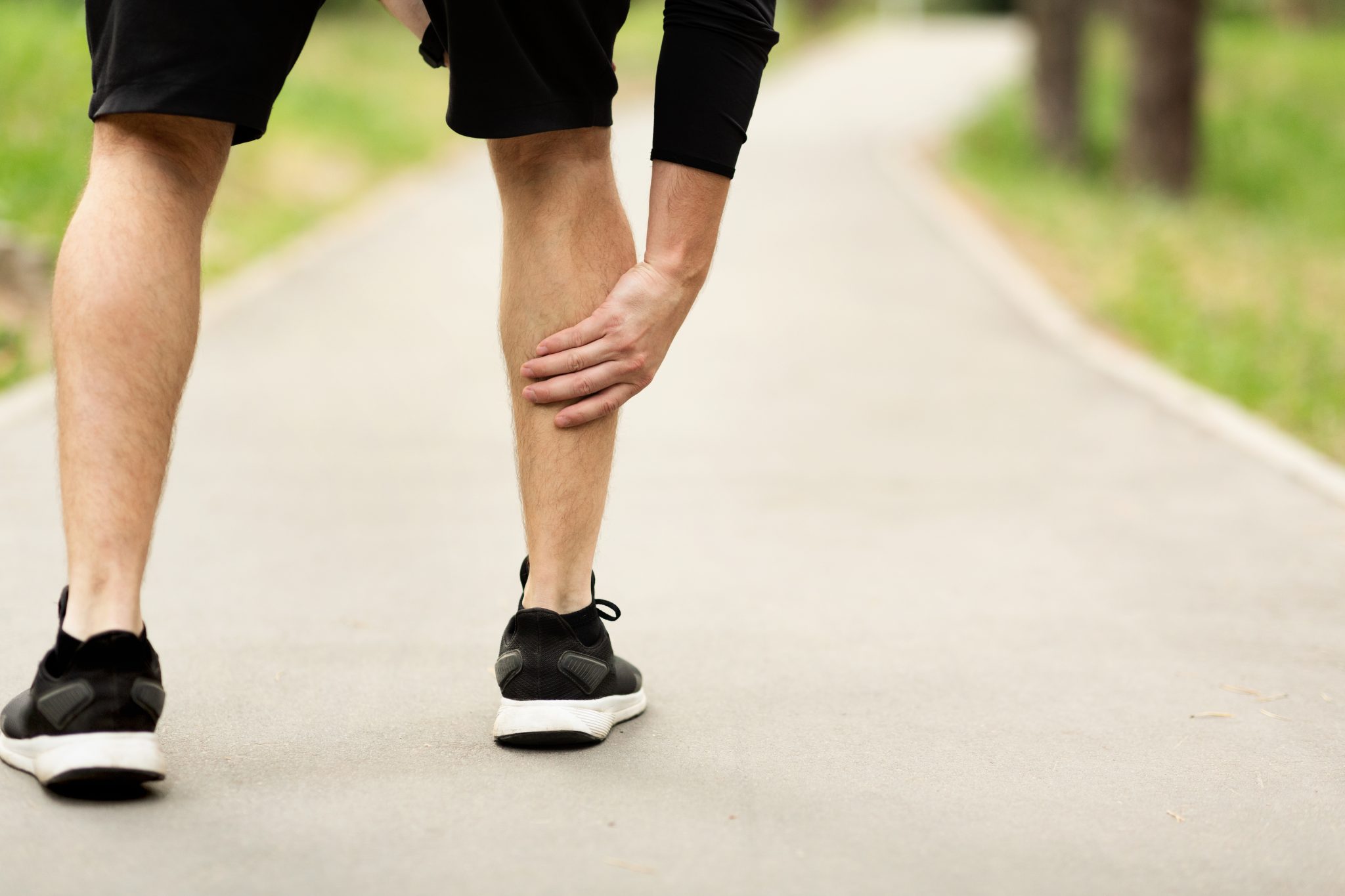5 Tips For Staying Healthy During The Quarantine
With the spread of coronavirus dominating the world, most countries are emphasizing the significance of quarantine and self-isolation. But what does quarantine mean, and who should follow it?
According to the CDC, Quarantine is practiced to separate a person who might have exposed themselves to the virus. People falling in the below criteria should choose to self-quarantine.
- Might have come in close contact with a person with COVID-19.
- Recently traveled back from a foreign country.
- Are you waiting for the COVID-19 infection test results?
- Have a fever, cough, chills, shortness of breath, and other listed symptoms.
The first 14 days after the likely exposure to the virus are crucial, and hence it is recommended to stay in quarantine during this period. If possible, quarantine in a separate room away from your family, where you can access a separate toilet.
The quarantine can be done willingly or required by the health care professionals. While in quarantine, you will be spending a lot of time at home. It can be stressful, but you can use this duration to accomplish tasks you always wanted to do but never found time for. Here are 5 tips for staying healthy while in quarantine.
1) Establish a routine:
Sudden change in the routine can leave you overwhelmed, unsure of how to manage all the available time. Plan out a routine for your day to day activities, if you are working from home, stick to the usual office timing to start and finish the work. This will help to keep your other activities like meals and sleeping timings as per the usual routines. The spare time saved from traveling to the office can be utilized for other recreational activities like spending time on your hobby or exercising and meditation.
It is easy to indulge yourself in unproductive tasks when you have a lot of time to spare, planning your day, can save you from doing so. Even when you are not working from home, plan out your routine to perform tasks you intend to. This way, you will not stress yourself and create a balance between work and relaxation.
2) Have a diverse and balanced diet:
There is no recommended food for fighting against COVID-19, but proper nutrition can support the immune system to fight back the infection.
The World Health Organization, Europe, recommends choosing fresh home-cooked meals over highly processed meals. It is also recommended to follow kitchen hygiene while preparing the food.
- Washing your hands with soap, using clean and washed utensils.
- Handling raw food material, like meat, with proper care.
- Washing fresh produce before storing and using it in the kitchen.
- Keeping the food and raw material at above 60 °C or below 5 °C.
- Using safe water for drinking and cooking purposes.
- Keeping yourself well hydrated; choose drinking water over other sugary drinks.
- If you are sharing the house with other family members who are not required to quarantine, it is best practice to cook or eat the food in a separate space, if possible.
Eating diverse and wholesome meals, incorporating plenty of fresh fruits and vegetables, animal and plant-based proteins, healthy fats, is necessary to get all the required nutrients for maintaining good health. The quarantine can result in less physical activity, so it is essential to have the meals in proper proportion, enough to keep our energy balanced and not leading to overeating.
3) Maintain the sleep routine:
Restful sleep is crucial for the immune system to operate well. The innate immune system, or in simple words the first line of defense, is designed to act immediately to restrict the spread of foreign pathogens. Sleep deprivation can affect the innate immune system negatively.
Worrying about catching COVID-19 infection, using the gadgets to keep updated with the news may disturb your sleep routine. With nowhere to go the next day, you might be tempted to binge-watch your favorite series, leading to delayed sleep routines. Here are some tips that can regulate sleep patterns:
- Keep up with the regular sleep routines as a normal working day.
- Stop using gadgets for at least one hour before sleep. Keeping your phone away from you can restrict your temptations to watch your favorite shows or news update on coronavirus pandemic.
- Create a “me-time” routine before bedtime, reading books, listening to soothing music, or taking a hot tub bath can relieve the stress.
- Other habits, like restricting caffeine intake, maintaining a gap of at least four hours between exercise and sleep time, can help you get better sleep.
- While in quarantine, it is best practice to use a separate bedroom to prevent other family members from catching the infection.
4) Stay active even at home:
Quarantine can limit your movement out of the house, but you can keep yourself active by practicing various exercises. While staying at home, adults should aim for performing 30 minutes of physical activity, whereas the kids should practice it for 60 minutes. You can practice yoga or another form of exercise while staying in your room. Make sure the room is well ventilated if you are quarantined in a separate closed room. Here are some tips to get your days activity accomplished.
- Use online platforms for motivation; choose exercise form that is comfortable but effective.
- If staying alone or quarantined with all other family members, you can make use of the garden, terrace, or patio for a quick walk or run in a way that will not endanger anyone else.
- Cleaning the home, playing, or dancing with the kids can help you stay active while relieving the stress.
- If you are working from home for a long duration, take a break every hour, stretch, or take a walk for 10 minutes to refresh your mind and body.
5) Keep up your emotional strength:
Staying home, away from your friends and family, away from the daily routine, can impact your emotional wellbeing. The younger generation may not understand the quarantine restrictions of staying away from the outside world or possibly one of the parents who need to quarantine. Making them understand the importance of quarantine can help them to remain calm. Adults can relive stress by indulging in relaxing activities like gardening, painting, music, or dance. Experts recommend using the quarantine time as a staycation, a vacation while staying at home.
- Use this time to focus on positives. Perform tasks that you had planned for a long time but never got an opportunity.
- Meditation and breathing exercises can help to reduce stress.
- Adapt the journaling method to relive deep emotions.
- Keep updated on the COVID-19 news through reliable and trustworthy sources. Keep a balance between staying updated without over stressing about the situation.
- Seek professional help when staying in quarantine is getting complicated.
Conclusion:
Many countries are implementing the quarantine routine to avoid the spread of the virus. The COVID-19 infection can take about 14 days, so show up any symptoms, so it is advised at home in quarantine during this period. Staying healthy while in quarantine can improve your chance to fight the infection and also safeguard others around you. While in quarantine, it is essential to maintain proper health hygiene like using masks, using elbow fold while sneezing and coughing, disinfecting commonly touched surfaces, and washing hands frequently. It is also essential to monitor any symptoms like high fever, cough, chills, or shortness of breath. If you notice any of these symptoms while in quarantine, contact your health care providers immediately.





